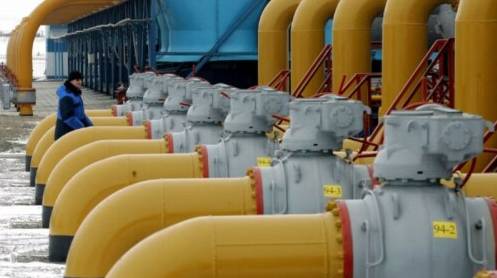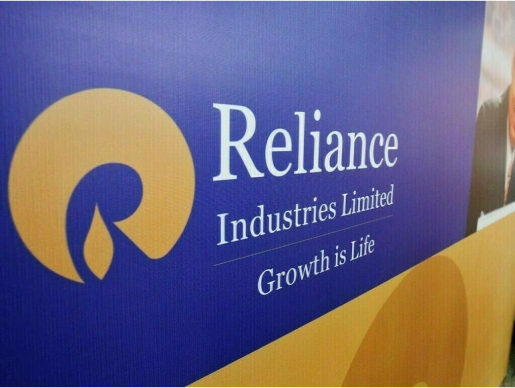ISLAMABAD: The Oil and Gas Regulatory Authority (OGRA) has jacked up the per kilogram price by Rs 2.88 per kilogram Ra price hike for the month of November, impacting household and commercial consumers across Pakistan.
This increase in LPG prices comes amid the ongoing volatility in energy markets.
As per the new notification, LPG prices have increased by PKR 2.88 per kilogram, pushing the cost of LPG closer to a critical threshold for household budgets. The new price adjustment has led to a PKR 34.09 rise in the cost of a standard household LPG cylinder, which now stands at PKR 2,999.47. This marks an increase from October’s rate of PKR 2,965.38 for the same household cylinder, reflecting the ongoing trend of rising fuel and energy costs that is affecting the daily expenses of households.
According to OGRA, the price adjustment is part of a monthly review aimed at aligning domestic prices with international market trends. This periodic review is critical, as Pakistan imports a significant portion of its LPG to meet domestic demands, especially during winter months when consumption rises sharply. The price fluctuation is also attributed to shifts in global oil and gas markets, where geopolitical developments and supply constraints are currently influencing prices. This price hike, though relatively moderate, is expected to add to the financial strain on consumers, particularly those in colder regions of the country who rely heavily on LPG as a heating source during the winter season.
The price increase is expected to have a ripple effect on various sectors that depend on LPG as a primary fuel source, including small businesses and restaurants that use it for cooking purposes. For families that rely on LPG in regions with limited access to natural gas, this price hike further complicates their budgeting challenges.
With winter approaching, the increase in LPG prices could not come at a more challenging time for households across Pakistan.
As temperatures drop and demand for heating fuel rises, families are now left to adapt their budgets to manage these rising energy costs.





